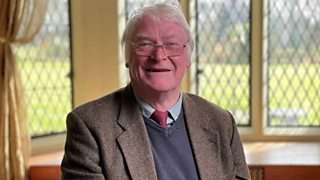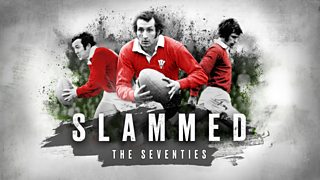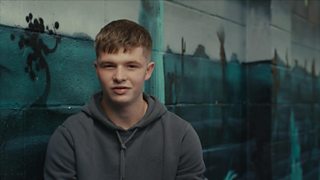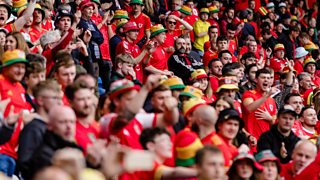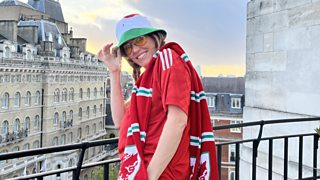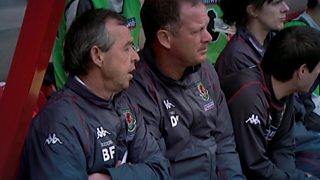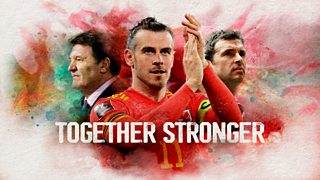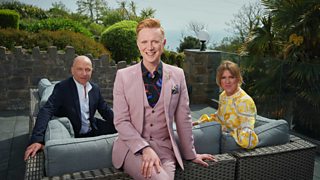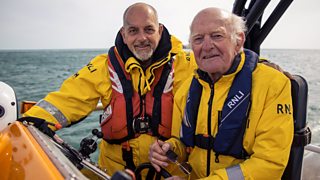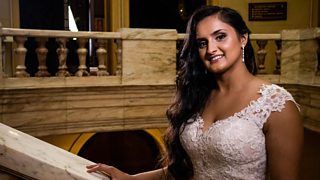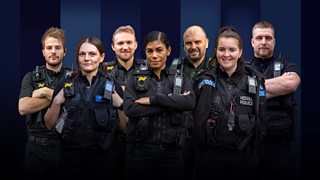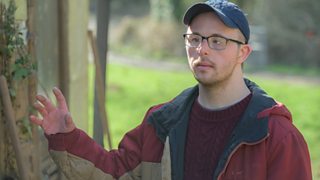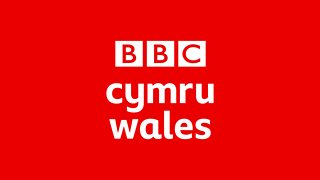Please Don't Call Me Your 'Gay Best Friend'
12 August 2021
When some people hear the term ‘gay best friend’ they might think of the Hollywood depiction of a person they can go to for fashion advice, take shopping, or who will make them laugh until the cows come home. On The Hayley Pearce Podcast, content creator, Dafydd Francis, shares his feelings about the impact the ‘gay best friend’ stereotype has had on his life - and why he doesn't want to be treated like an accessory…

Listen to Dafydd's interview in full on The Hayley Pearce Podcast.
Youβre reducing the friendship just down to being gay, and that is it, and you wouldnβt really say that to someone who was straight.
“I completely understand that it comes from a place of love - I really do. My issue with it is when a straight girl, or anyone straight, says ‘gay best friend’, it’s reducing that friend down to the fact that they are gay and nothing more. Although it does seem cute and whimsical, it’s not really the best thing to say...
“You’re reducing the friendship just down to being gay, and that is it, and you wouldn’t really say that to someone who was straight.
“I would never refer to one of my mates [in that way], ‘Oh my god, meet Luke, he’s my straight friend!’.
“I’ve had family members who have said it to me. I was very young but [one] said to me, ‘I can’t wait until you’re gay, so we can go shopping’. My response was… ‘I can still go shopping with you if I’m straight.’”
Despite some friends and family describing him using the ‘gay best friend’ label, Daf hasn’t confronted them about it because he felt their intentions were coming from a place of love. With anything in life, he thinks it’s essential to think about the intention of what someone is trying to do, or say.
Ay, excuse me darling, I can introduce myself!
“I’ve never really called them out on it… when people have said it to me, it’s often been us two chin-wagging, talking. They’re not going around the streets, ‘Oh my god, this is Dafydd, my gay best friend!’. I’d probably chime up… ‘Ay, excuse me darling, I can introduce myself!’”
Daf came out as gay when he was 18. Reflecting on growing up in the Rhondda, he is touched by the progression he can see today, with its openness towards homosexuality compared to when he was young.
“The valley is now a bit different to being open to homosexuality in general. When I was young, I didn’t go out. All the people who would go out clubbing were the ones who would tease me in school, so I had this complex in my head. But now, my god, it’s wonderful to see! I’m not bitter. It’s touching seeing how I’ll drive through the valley and I can see clearly someone walking past who’s gay and he’s expressing himself. He’s dressing the way he wants to dress, and he’s sticking his head up high by the way, and not giving a damn! I think that’s wonderful to see but it certainly wasn’t that open when I was young. So, at least we are evolving, you know?
“Back then, a lot of my friends when I was a teenager, didn’t really understand, you know, what it’s like being gay. They were defining me by my sexuality. Not all of my friends, I can’t throw them under the bus! But in general, you will be defined by your sexuality more than a straight person.”
Daf says another impact of the ‘gay best friend’ label includes unwanted questions, and the pressure of fulfilling the stereotype.
"They ask the most stupid questions! ‘Are you like the girl or the boy in the relationship?’ [Or questions about your sex life] when you're in a group of people and it's a social event. It's the last thing you want to talk about. C’mon, I’m here for the buffet Carl! I really don’t want to talk about how good I am at doing you know what!”
How do his experiences differ with male and female friends?
I just hope that by hearing chats like this, people who may have said this whole βgay best friendβ thing might think about it before they say it. Itβs not a hurtful thing but it does rub people up.
“Girls are a lot more accepting [in] general of gay people than potentially, men. With some guys, there’s this straight masculine complex that they’ve got where they don’t want to compromise anything that makes them masculine.
“I have got more male friends now than female friends, weirdly. I’ve got a straight friend - (and I’m only saying straight now because obviously I’m trying to prove a point) - [and] he is a straight man. It’s just such a lovely, comfortable, open friendship and I just wish that more guys were like this particular friend that I’ve got because he’s so accepting, and doesn’t even look at me as a gay person. He treats me as Daf, you know, and I love that.”
How would Dafydd prefer friends and family to describe him?
“Here’s my flamboyant friend.” He feels introductions like this move the focus away from someone’s sexuality and onto a personality trait instead.
Before people use the stereotype of ‘gay best friend’, Daf hopes that by talking about its impact, people will re-consider using the label.
“When gay people are fighting for equality and fighting off all sorts of criticism, we don’t necessarily need that setback.
“I just hope that by hearing chats like this, people who may have said this whole ‘gay best friend’ thing might think about it before they say it. It’s not a hurtful thing but it does rub people up.”

